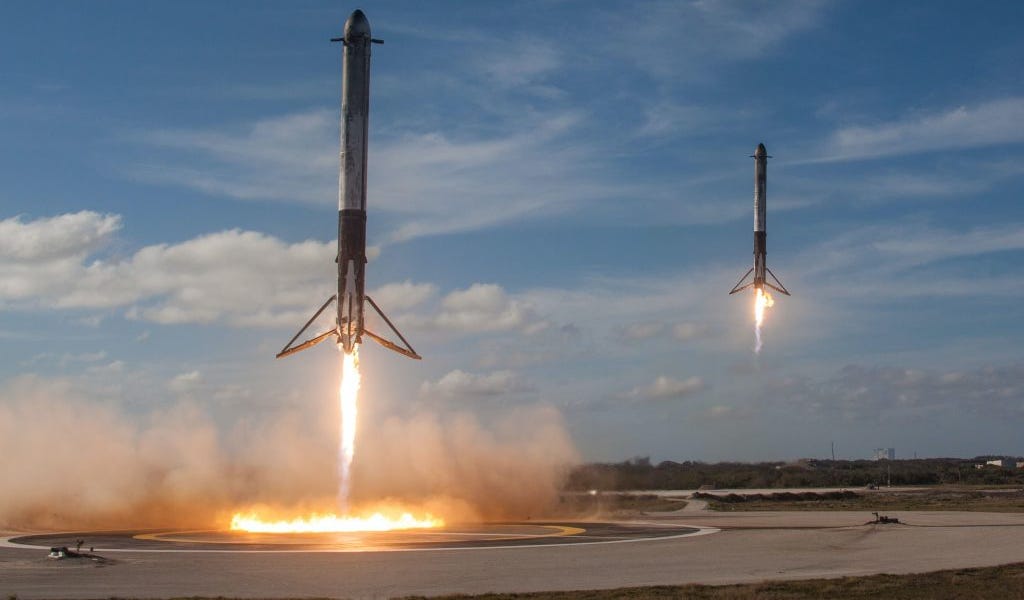Cognitive Revolutions

Amazing things happened when geolocation was democratized. What does the future hold when that happens with intelligence?
Excerpt: “When truly transformative technology becomes accessible, it's hard to imagine how things will change - only that they absolutely will. The release of GPS to consumers was a similar moment - it would have been hard to predict Uber, Doordash and the creation of the gig economy from that final piece being unlocked: accurate location finding and routing anywhere in the world.“
How to Find the Frontiers of Knowledge | Samo Burja
samoburja.com
Knowledge expands in a fractal manner. All the new knowledge is found in the cracks that are on the edge of the ever-expanding plane.
To study in crystallized fields, seek out institutions. Communities of practice in new fields.


Alan Chan • My Vision: A New City
Article
people who tell us how to think about a thing
people whose choices (resulting from their thinking) inspire us
How Running A Business Changes The Way You Think | Kalzumeus Software
kalzumeus.com
I've probably repeated this one enough.
Excerpt: “Companies are legal fictions which we find convenient to use to move capital around and balance accounting ledgers.“

A good passage in continuation of the note on collective imaginations.
Responsibility that should be borne by an individual is dissolved amongst a group, who rely on the process of deliberation, passing on the responsibility to the organization.
Excerpt: “Committees are commonly used in our society because they create the illusion of avoiding risk. They are a wonderful device for avoiding responsibility while making the institution seem more rather than less accountable. Modern institutions have overloaded on actual risk while fleeing the appearance of it, especially if you count “failing at core mission” as a risk. Such aversion to the appearance of the unusual can’t be justified on economic grounds. Rather, it is a socially driven aversion.“